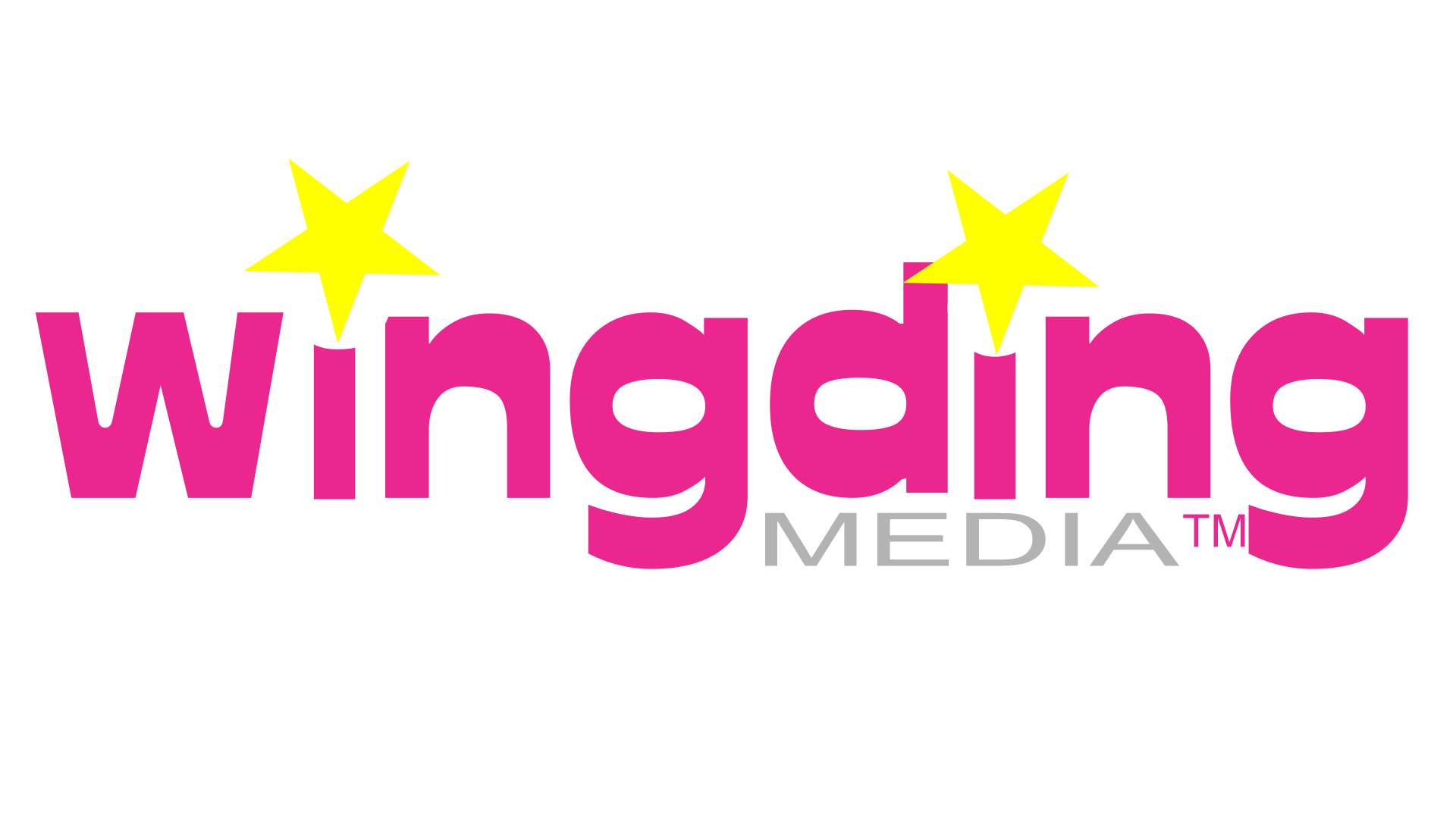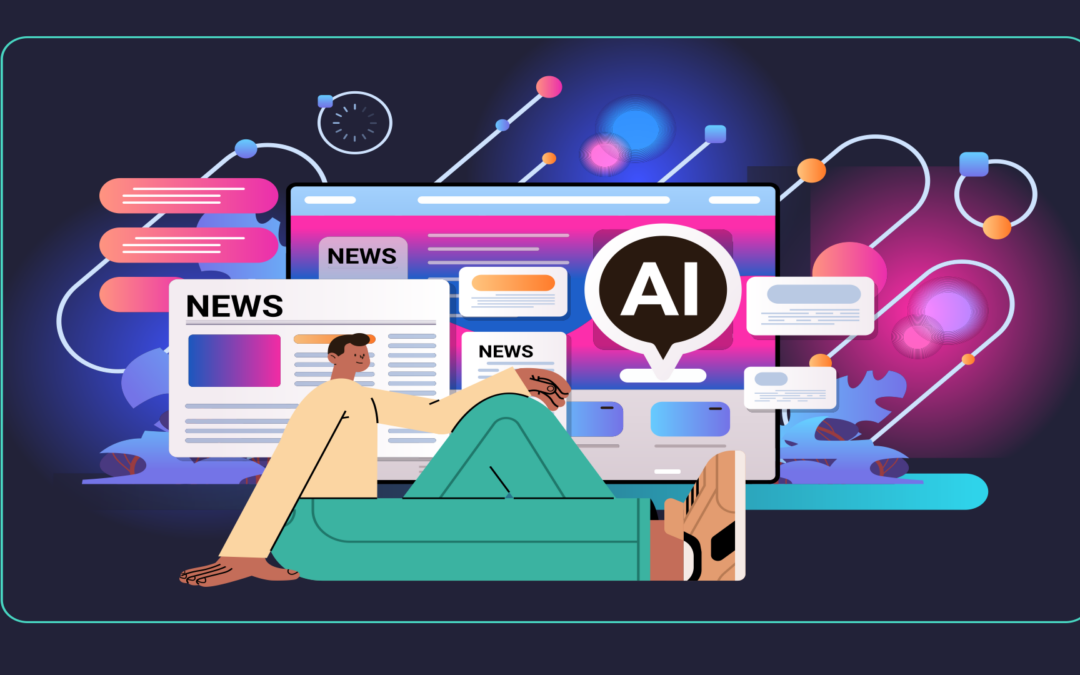The Balancing Act Between Mass-Creation and Quality Content
The advent of Artificial Intelligence (AI) in content creation has brought a paradigm shift in how digital content is produced. AI tools have streamlined the content generation process, offering unprecedented speed and efficiency. However, this technological leap raises crucial questions about maintaining content quality, adhering to SEO practices, and avoiding the pitfalls of mass-producing low-quality content that could lead to Google deranking.
Quality over Quantity: The Core of AI-Enabled Content Creation
While AI can churn out content at a pace unmatchable by human writers, speed should not overshadow quality. High-quality content is engaging, informative, and adds value to the reader. AI can assist in drafting content, but it requires human oversight to ensure that the final output aligns with the brand’s voice, maintains factual accuracy, and resonates with the intended audience. Sacrificing quality for speed can not only disengage readers but also harm the brand’s reputation in the long term.
SEO Practices: Navigating AI in the Realm of Page Authority
In the digital world, Search Engine Optimization (SEO) is vital for ensuring that content reaches its intended audience. AI tools can help identify trending keywords, suggest relevant topics, and even optimize the structure of the content for search engines. However, the human touch is essential in applying these practices. Content creators must ensure that AI-generated content adheres to SEO guidelines without resorting to keyword stuffing or other frowned-upon practices that could hurt page authority. The goal is to create content that is not only SEO-friendly but also valuable and engaging to readers.
The Risk of Google Deranking: The Consequences of Low-Quality Content
One significant risk associated with the mass production of AI-generated content is the potential of being deranked by Google. Google’s algorithms are increasingly sophisticated in identifying and penalizing low-quality, spammy, or plagiarized content. Over-reliance on AI without proper quality checks can lead to a surge in such content, which Google’s algorithms will quickly flag, potentially resulting in lower search rankings or even removal from search results. This consequence underscores the importance of using AI as a tool rather than a replacement for human creativity and editorial judgment.
Navigating the AI Landscape in Content Creation
To effectively utilize AI in content creation, a balanced approach is necessary. Here are some strategies:
- Human-AI Collaboration: Use AI for brainstorming, initial drafts, and data analysis, but ensure that final content is refined and reviewed by human editors.
- Quality Control Measures: Implement robust quality control processes to ensure that AI-generated content meets high standards in terms of accuracy, readability, and engagement.
- SEO Alignment: Integrate AI tools with SEO strategies, but maintain ethical SEO practices to enhance organic visibility while providing genuine value to readers.
- Continuous Monitoring: Regularly review the impact of AI-generated content on website performance, reader engagement, and search rankings.
- Ethical and Creative Standards: Uphold ethical standards in content creation, using AI to enhance creativity rather than replace it, and avoid practices that could be deemed manipulative by search engines.
In conclusion, AI in content creation is a double-edged sword. It offers incredible efficiency and can be a powerful ally in the competitive digital landscape. However, it requires a thoughtful approach that prioritizes quality, adheres to SEO best practices, and avoids the pitfalls of low-quality content production. By striking the right balance, content creators can harness the power of AI while maintaining the integrity and effectiveness of their digital content.

